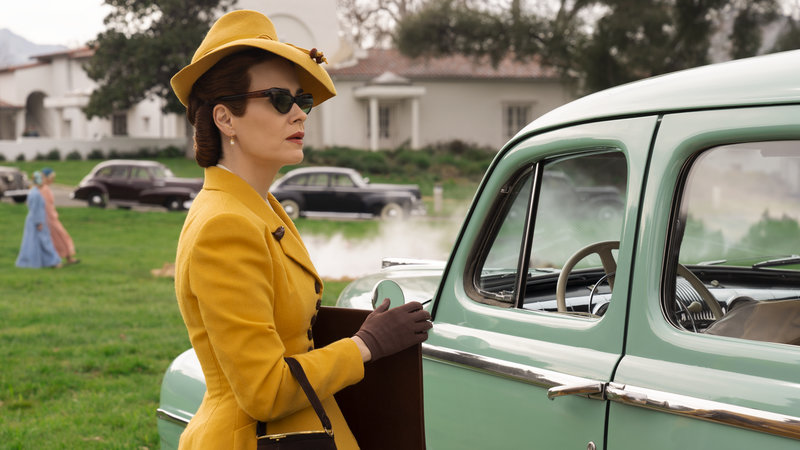The psychological thriller, Ratched, made its debut on Netflix on Sept. 18. Considering the eight episode series has the same cast members and writers as American Horror Story, it was no surprise that the film was captivating and suspenseful.
While Ratched has plenty of thrilling moments to offer, it tackles several human issues including mental health and discrimination. Nurse Ratched is hell bent on working at a psychiatric hospital to help free her brother who committed murder. During her quest, she discovers more about her own life and a deeper purpose.
Set in 1940s America, lesbians had no real place for freedom and expression. Being open about it was dangerous and risky. Nurse Ratched witnesses the inhumane treatment of lesbian patients done by Lucia State Hospital in order to cure their “disease.” Ironically, she too is a part of the lesbian community. She denies her own urges at first but gradually comes to the realization that being with a woman is her destiny.
The writers and directors do a phenomenal job of expressing history all while creating a suspenseful surrounding. The struggles of being a lesbian during this time were not minor and it should be acknowledged. A more challenging question arises as the plot unfolds. Is Nurse Ratched really there to seek freedom for her brother, or did fate guide her there to fight for herself?
Besides all of the interesting characters, Ratched serves as an educator for its viewers. Schizophrenia and Dissociative Identity Disorder (DID) are discussed extensively. Dr. Richard Hanover is very flawed and not really the perfect person to be in charge of a mental health facility. However, his care for his patients, particularly Charlotte Wells, is heart-warming.
Wells exhibits an extreme form of DID and Dr. Hanover notices it immediately when she visits his office. It is important to note also, that right before Wells has an episode, she explains the trauma she endured in her past that caused it. The viewer not only gets to watch entertaining and/or gut-wrenching scenes, but they also get to experience what it’s like to witness someone having these psychotic episodes.
For some, this may ease misconceptions or stigma about mental health issues. Starting conversations is a huge step in the right direction. Mixing real-life problems with entertainment helps audiences relax and feel more confident about addressing certain circumstances that they may face daily.
You may also like
-
Lady Gaga’s “Mayhem” Fails to Disappoint
-
Crossroads Live Delivers a Phenomenal Production of Dear Evan Hansen in Columbus
-
UWG Theatre Breathes New Life into a Beloved Classic
-
QSA Annual Drag Show Entertains Eager, Diverse Crowd
-
Lucy Dacus’ Fourth Studio Album, Forever Is A Feeling, Encapsulates The Vulnerability and Thrill of Falling In Love
